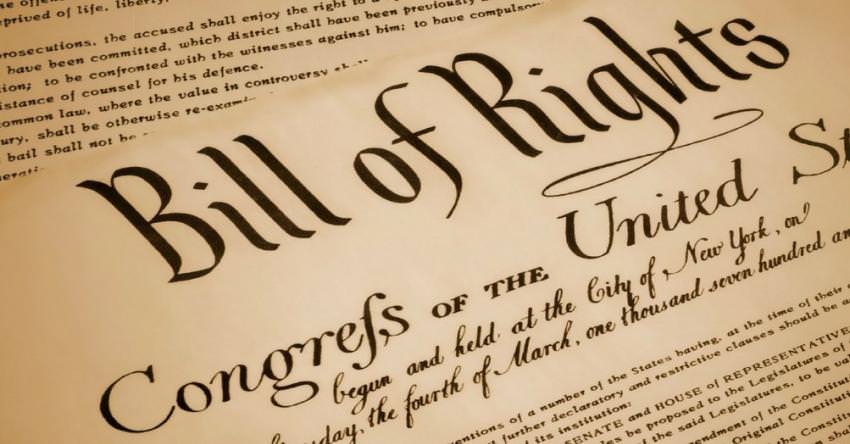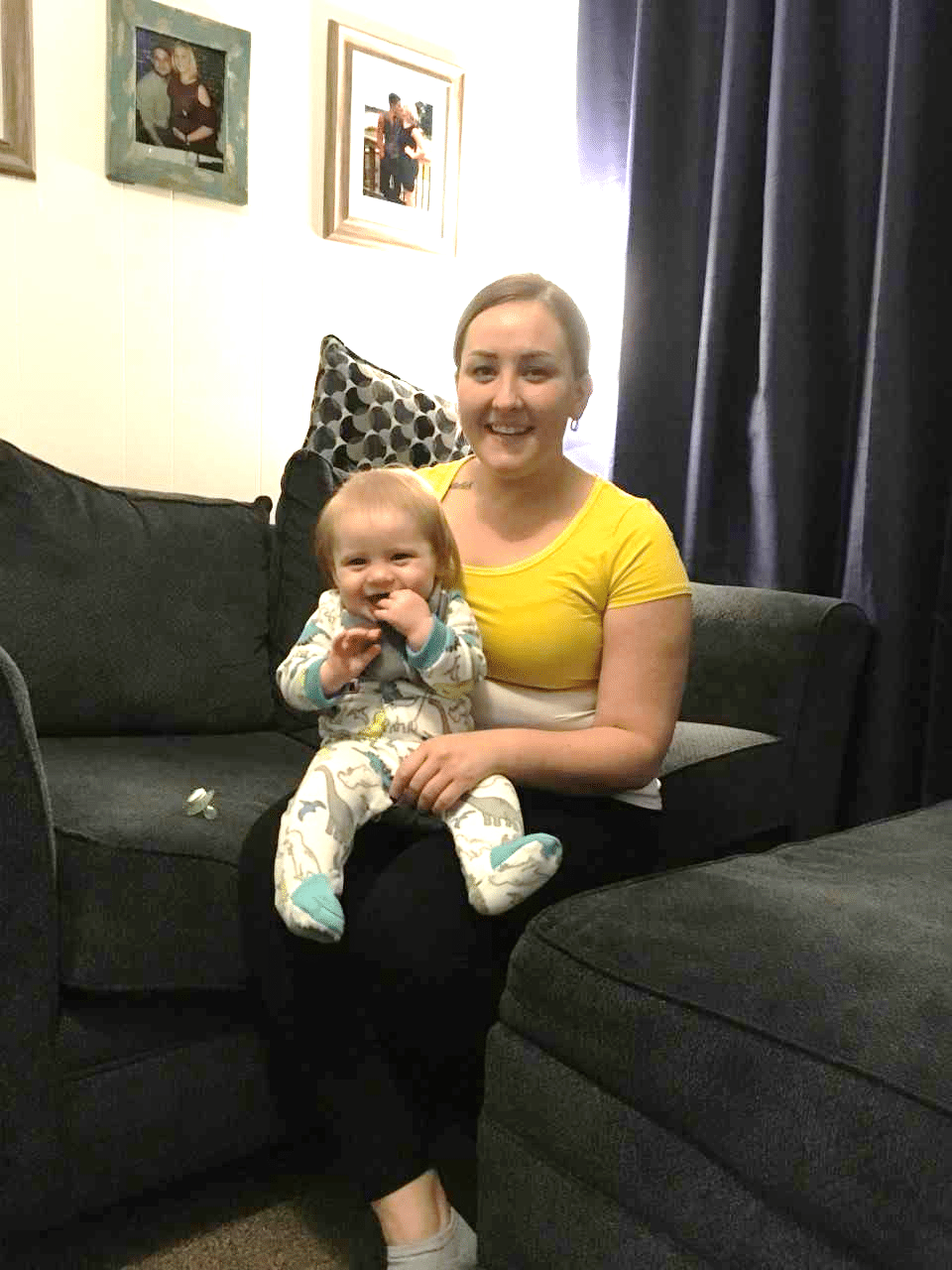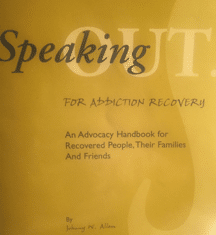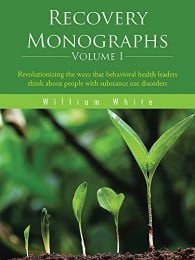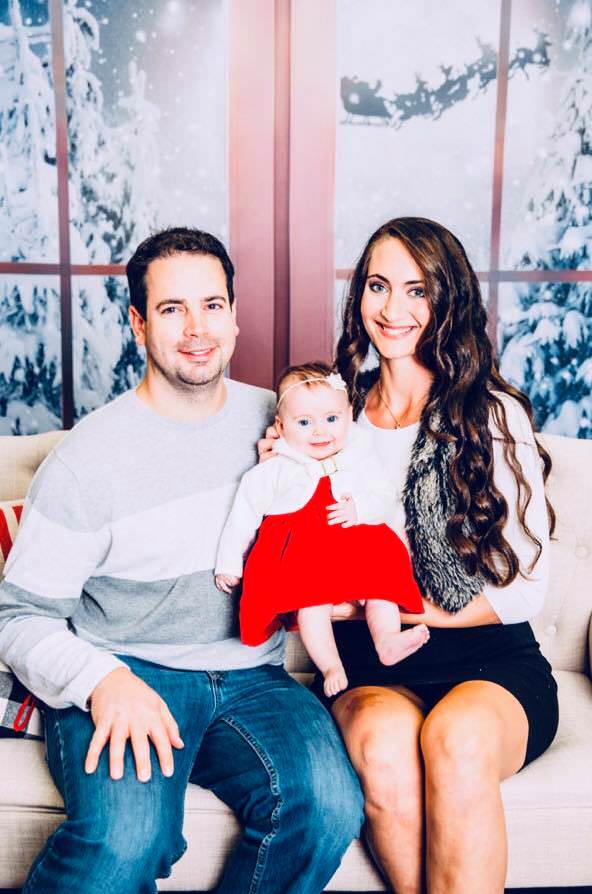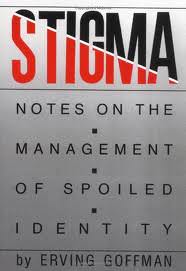Chance, Choice, Change, Compete
With the federal passage of the FIRST STEP Act, we finally see action on criminal justice reform! The FIRST STEP Act recently passed and was signed by the President. This was historical. For years, Congress had attempted to pass criminal justice reform legislation, such as the Sentencing Reform and Corrections Act (SRCA) introduced in 2015 by Senators Chuck Grassley (R-Iowa) and Dick Durbin (D-Ill.).

